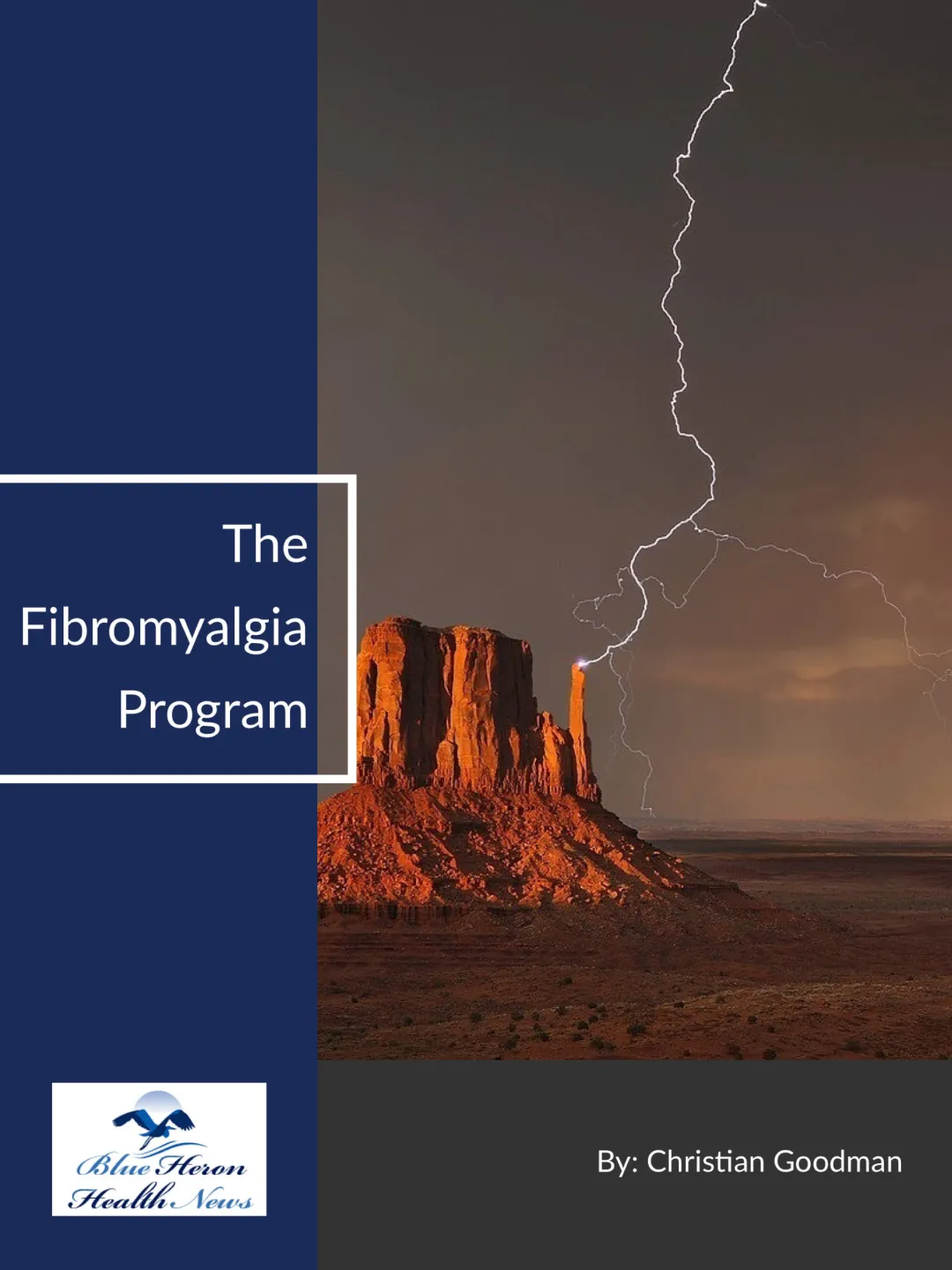Resting Heart Rate: Risk Indicator and Emerging Risk Factor in Cardiovascular Disease
(0 User reviews)
341
1. Klinik für Innere Medizin III, Universitätsklinikum des Saarlandes, Homburg/Saar, Germany; 2. University of California, San Francisco, Fresno; 3. Amgen Inc, Thousand Oaks, Calif; 4. Weill Medical College of Cornell University, New York, NY
The American Journal of Medicine (Elsevier)
2015
128 : 3
219-228
10.1016/j.amjmed.2014.09.016
English
Böhm M, Reil JC, Deedwania P, Kim JB, Borer JS. Resting heart rate: risk indicator and emerging risk factor in cardiovascular disease. Am J Med. 2015 Mar;128(3):219-28. doi: 10.1016/j.amjmed.2014.09.016. Epub 2014 Oct 15. PMID: 25447617.. Share Research.
Abstract
Resting heart rate is central to cardiac output and is influenced by changes occurring in numerous diseases. It predicts longevity and cardiovascular diseases, and current evidence suggests that it is also an important marker of outcome in cardiovascular disease, including heart failure. Beta-blockers improve outcomes in heart failure; however, they have effects outside reducing heart rate. Ivabradine has demonstrated efficacy in reducing rehospitalizations and mortality in heart failure and in improving exercise tolerance and reducing angina attacks in patients with coronary artery disease, whereas selective heart rate reduction may also prove to be beneficial in therapeutic areas outside those in which ivabradine has already demonstrated clinical efficacy. This review provides an update on the associations between heart rate and cardiovascular outcomes in various conditions, the experimental effects of heart rate reduction with ivabradine, and the potential new indications in cardiovascular disease.
Angina; Heart failure; Heart rate; Ivabradine.
Resting heart rate is central to cardiac output and is influenced by changes occurring in numerous diseases. It predicts longevity and cardiovascular diseases, and current evidence suggests that it is also an important marker of outcome in cardiovascular disease, including heart failure. Beta-blockers improve outcomes in heart failure; however, they have effects outside reducing heart rate. Ivabradine has demonstrated efficacy in reducing rehospitalizations and mortality in heart failure and in improving exercise tolerance and reducing angina attacks in patients with coronary artery disease, whereas selective heart rate reduction may also prove to be beneficial in therapeutic areas outside those in which ivabradine has already demonstrated clinical efficacy. This review provides an update on the associations between heart rate and cardiovascular outcomes in various conditions, the experimental effects of heart rate reduction with ivabradine, and the potential new indications in cardiovascular disease.
There are no reviews for this Publication.
There are no comments for this Publication.
You must log in to post a comment.
Log in




